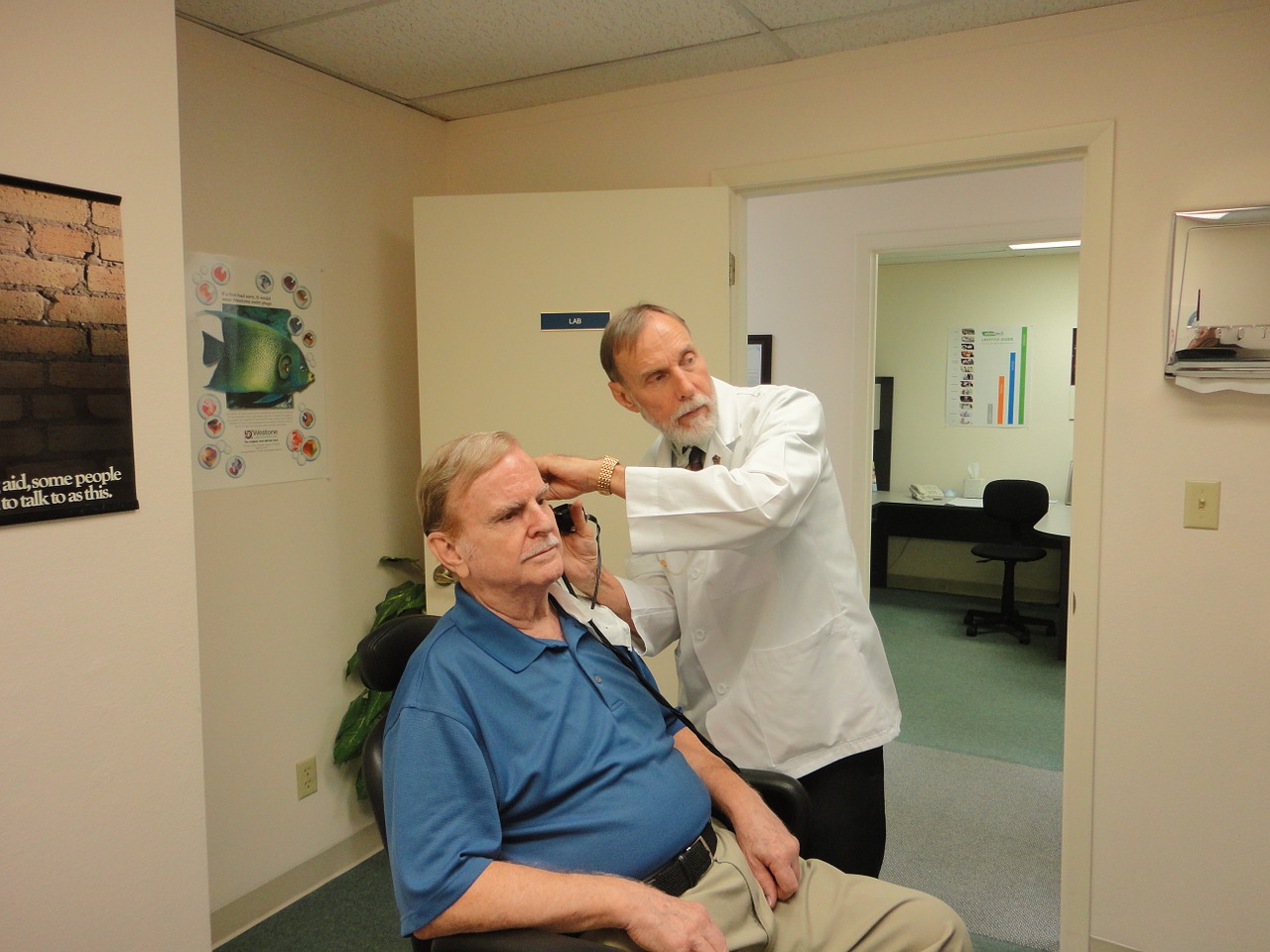Experiencing sudden hearing loss (SHL) can be an overwhelming and disorienting event, significantly impacting an individual’s communication abilities and emotional well-being. Annually, this condition affects thousands, causing a rapid decline in hearing acuity in one or both ears that can unfold within hours or over a span of a few days. The abrupt nature of the onset can leave sufferers feeling isolated and bewildered, struggling to make sense of a suddenly silent or muffled auditory world. However, there is a silver lining amidst this uncertainty. Thanks to significant strides in medical science and the advent of innovative technologies, the journey through SHL has become more navigable

Today, individuals have access to a variety of tools and strategies that can aid in their adaptation to this abrupt change. This guide is meticulously crafted to provide a detailed exploration of these strategies, offering hope and practical advice to those who find themselves navigating the complex terrain of sudden hearing loss.
Understanding Sudden Hearing Loss
Sudden hearing loss, medically known as sudden sensorineural hearing loss (SSHL), is characterized by a rapid decline in hearing, typically affecting one ear. It is indiscriminate in its reach, affecting individuals of all ages, though predominantly occurring in adults aged 30 to 60. The initial signs can be subtle, such as a slight muffling of sounds, but can progress to a profound loss that inhibits the ability to perceive even loud noises. Symptoms often include a sensation of fullness in the ears, similar to what one might feel when water is trapped inside, and tinnitus, which presents as ringing, buzzing, or hissing sounds in the absence of external noise. Some sufferers also report experiencing vertigo, a type of dizziness that creates the illusion of spinning.
The causes of SHL are varied and often difficult to pinpoint. Potential underlying issues range from viral infections that attack the inner ear, blood circulation problems affecting the delicate structures of the ear, and autoimmune diseases that mistakenly target the body’s own tissues, including those within the auditory system. Due to the broad range of possible etiologies, it is critical for individuals experiencing symptoms of SHL to seek immediate medical evaluation. A prompt diagnosis can facilitate early treatment, which might include steroids or antiviral medications, and significantly improve the prognosis for recovery.
Initial Steps and Medical Intervention
When SHL occurs, the window for effective treatment is typically short. Immediate medical attention is vital. A healthcare provider will likely conduct a series of tests, including hearing examinations and imaging, to determine the severity of the loss and the most appropriate course of action. Treatments may range from oral or injected steroids to reduce inflammation, to antiviral drugs if a viral infection is suspected, or even hyperbaric oxygen therapy in certain cases.
Role of Assistive Devices
Assistive devices play a pivotal role in the lives of those experiencing sudden hearing loss, bridging the gap between the soundscapes of the world and the sensory limitations they face. Beyond the significant leap forward with over the counter hearing aids, a spectrum of technologies exists to serve various needs and preferences. Devices such as amplified telephones, alerting systems, and personal amplifiers can dramatically enhance the everyday experiences of individuals with hearing loss. Hearing loop systems, for example, transmit audio directly to hearing aids, allowing for clearer understanding in public settings. These devices not only augment sound but also empower users with greater control over their auditory environment, enhancing their ability to participate in social interactions and maintain connections with others. Their role is not just functional but also emotional, as they contribute to a sense of autonomy and normalcy in a world where hearing is crucial.
Psychological and Social Coping Strategies
The psychological impact of SHL cannot be overstated. The sudden change in one’s ability to hear can lead to a cascade of emotional reactions, including denial, anger, grief, and eventually acceptance. It is important for individuals to acknowledge these feelings and to seek support from friends, family, or professionals. Support groups, whether in person or online, can provide a space for sharing experiences and strategies for coping.
Mindfulness practices such as meditation and yoga can serve as powerful tools for managing stress and anxiety that often accompany SHL. Engaging in these practices can promote a sense of calm and present-mindedness, helping individuals to adapt to their new circumstances with greater ease.
Lifestyle Adjustments and Rehabilitation
Adjusting to life with SHL often requires a multifaceted approach. Visual cues become more important, as does arranging living spaces to accommodate the hearing loss. Smart technology, such as apps that provide speech-to-text functionality or enhanced captioning services, can also be incredibly useful. Rehabilitation therapies, including speech therapy and audiologic rehabilitation, can improve communication skills and provide strategies for managing the condition.
Incorporating adaptive devices into daily routines can alleviate some of the challenges posed by SHL. For instance, vibrating alarms and visual alert systems can replace auditory signals that are no longer perceived. Learning new ways to communicate, such as using sign language or writing, can also be beneficial.
Conclusion
Confronting the realities of sudden hearing loss is a challenge that requires strength, perseverance, and a comprehensive toolkit of coping mechanisms. While the initial experience can be distressing, the path to adaptation is illuminated by the ingenuity of medical interventions and the support of communities both personal and extended. It’s a journey of transformation where individuals learn to re-engage with the world through different senses and strategies. The emergence of accessible hearing technologies marks a significant advancement in this journey, providing a touchstone of independence for those affected.



Facebook Comments